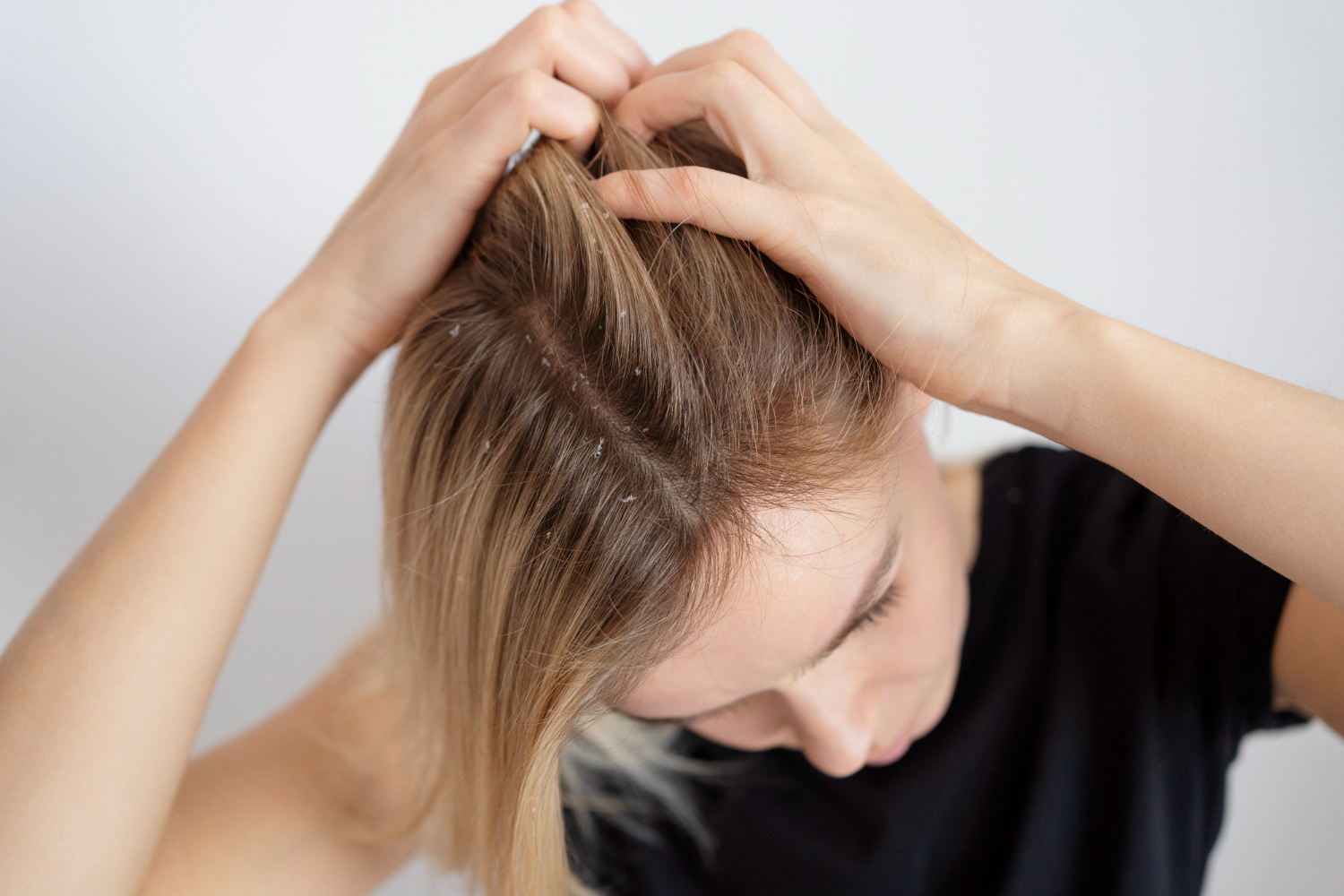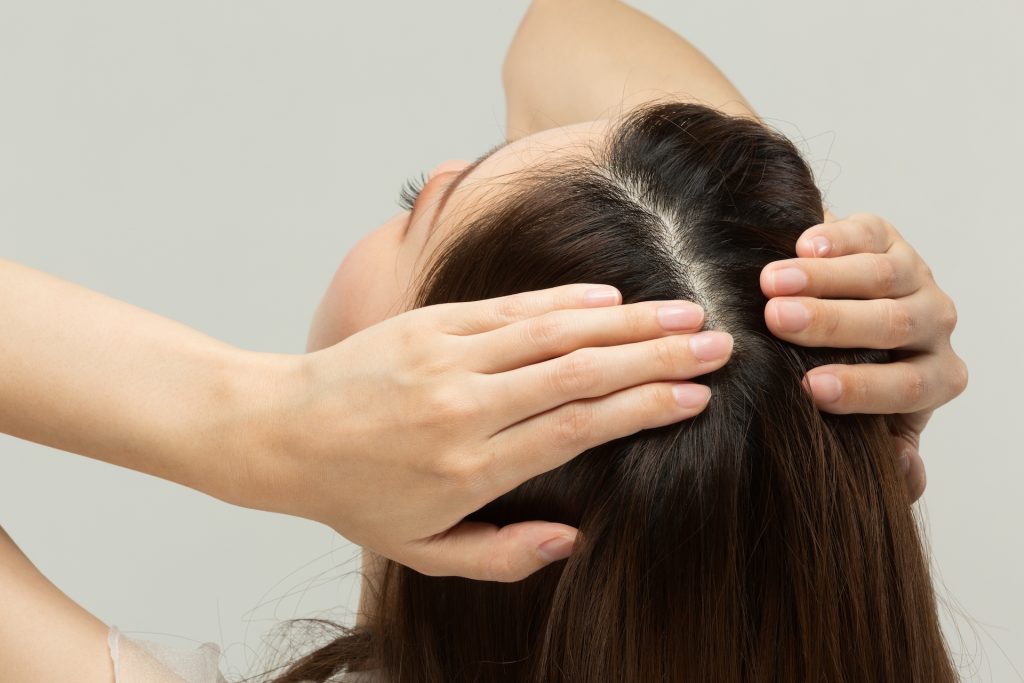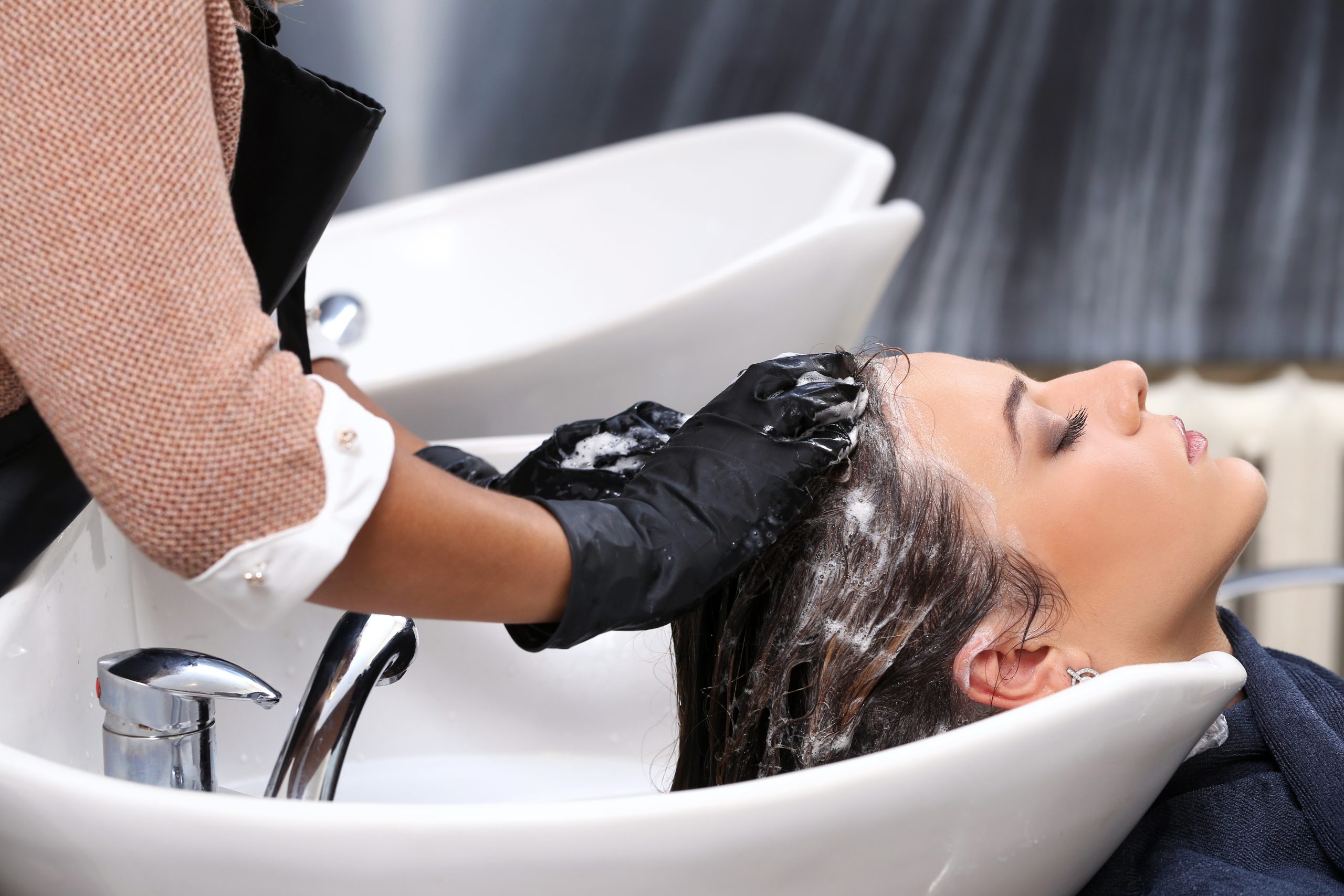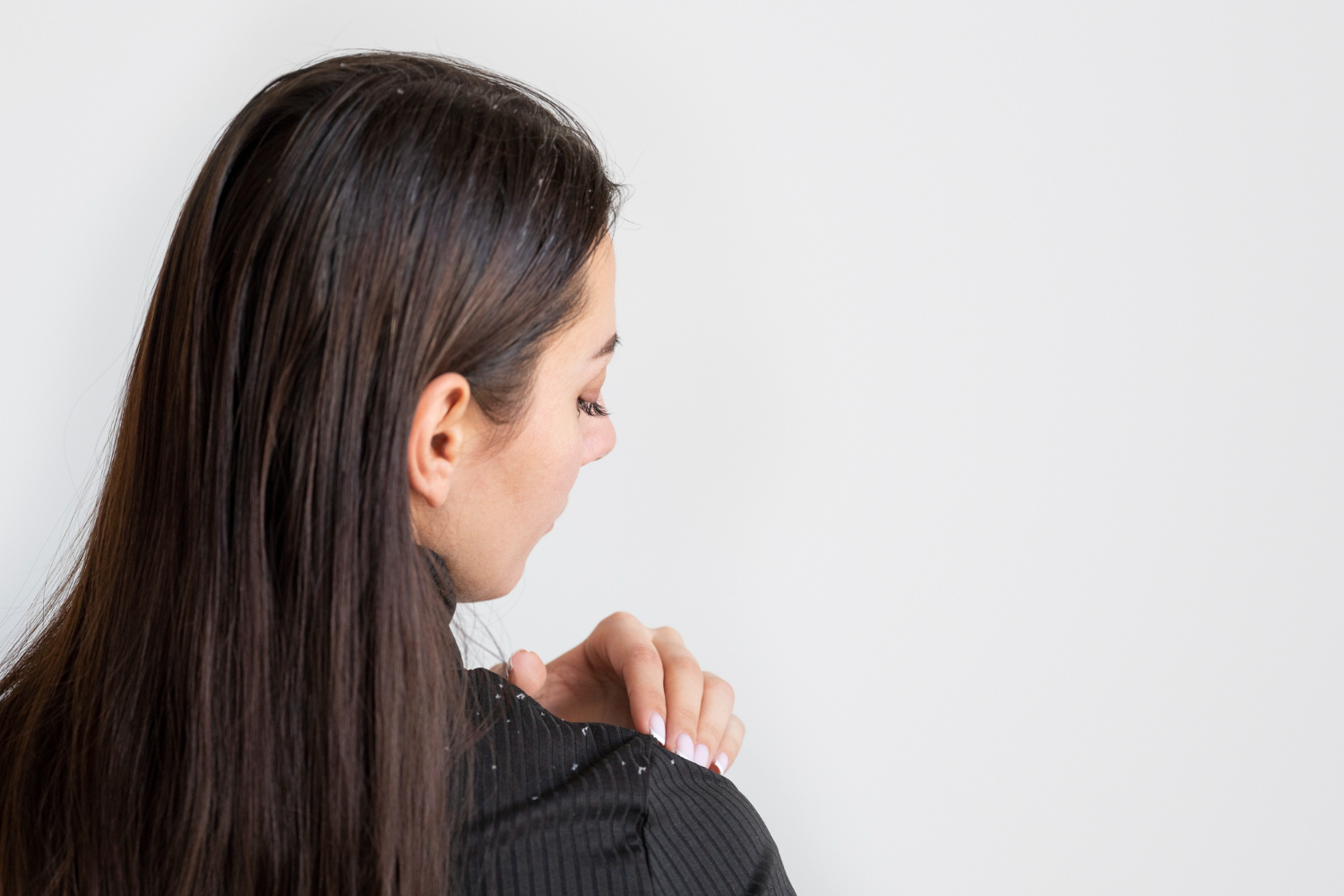

Hair loss is a common concern that affects individuals of all genders. It can have a significant impact on one’s self-esteem and confidence. While there are several remedies available in the market, finding the best scalp treatment for hair loss can be a daunting task. Whether you’re dealing with thinning hair or a receding hairline, understanding the options available to you is essential in making an informed decision for your hair care routine.
Before delving into the best scalp treatments for hair loss, it’s crucial to comprehend the underlying causes of this condition. Hair loss can result from genetic factors, commonly referred to as pattern baldness or androgenetic alopecia. Hormonal imbalances, specifically an excess of dihydrotestosterone (DHT), can also contribute to hair loss. Nutritional deficiencies, stress, certain medications, and medical conditions such as alopecia areata can further exacerbate the problem. Identifying the root cause of your hair loss is vital for determining the most effective scalp treatment.
Scalp massage is a simple and beneficial technique that can improve scalp health and stimulate hair growth. Massaging the scalp helps increase blood flow to the hair follicles, delivering vital nutrients and oxygen. It also helps in loosening any buildup of oil, dead skin cells, and debris that can clog the hair follicles and hinder hair growth. Regular scalp massage at home can be done using your fingertips or a scalp massager for 5-10 minutes each day. Otherwise, salons offering scalp treatments including massage employ various techniques to provide a personalized and effective experience for their clients. Some commonly used scalp massage techniques include: effleurage, petrissage, friction, tapotement.

Essential oils have been used for centuries to promote scalp health and address hair loss. Some essential oils, such as rosemary oil, peppermint oil, and lavender oil, have shown promising results in stimulating hair follicles and reducing hair loss. These oils can be diluted with a carrier oil, such as coconut oil or jojoba oil, and applied to the scalp. Leave the mixture on for a few hours or overnight to allow the oils to penetrate the scalp and provide nourishment.
Herbal remedies have long been used to address hair loss and improve scalp health. Aloe vera, onion juice, green tea, and saw palmetto are some popular herbal options. These natural ingredients possess properties that nourish the scalp, reduce inflammation, and promote hair growth. Incorporating these remedies into your hair care routine, such as using them as masks or rinses, can contribute to a healthier scalp and encourage hair regrowth.
Proper nutrition is essential for maintaining healthy hair and scalp. Nutritional deficiencies can contribute to hair loss, so incorporating certain supplements into your diet may help address these deficiencies and promote hair growth. Biotin, vitamin D, iron, and zinc are some of the supplements that have shown positive effects on hair health. Consult with a healthcare professional to determine the appropriate dosage and duration of supplementation based on your specific needs.
Low-level laser therapy (LLLT) is a non-invasive treatment option not requiring any surgical procedures or medications that uses red light wavelengths to stimulate hair follicles and promote hair growth. This therapy increases blood flow to the scalp, delivering essential nutrients and oxygen to the hair follicles. Laser devices, such as combs or helmets, can be used at home with regularity to reduce hair loss and improve hair thickness.
Platelet-rich plasma (PRP) therapy is a medical procedure in which a concentrated solution of the patient’s own platelets is injected into the scalp. Platelets contain growth factors that stimulate hair follicles, promoting hair growth and reducing hair loss. Multiple sessions of PRP therapy, performed by a qualified healthcare professional, may be required to achieve optimal results. PRP therapy has gained popularity as a natural and effective treatment for hair loss while having minimal side effect. Some individuals may experience mild scalp redness or tingling during or after treatment, but these effects are temporary and typically subside quickly.

Micro-needling, also known as collagen induction therapy, is a technique that involves creating controlled micro-injuries on the scalp using tiny needles. These micro-injuries stimulate the body’s natural healing response, triggering the production of collagen and promoting hair growth. Micro-needling can improve scalp health, increase the absorption of topical treatments, and enhance hair density. It is important to undergo micro-needling under the guidance of a trained professional.
Regular scalp exfoliation is essential for maintaining a healthy scalp and promoting hair growth. Exfoliating the scalp helps to remove dead skin cells, excess oil, and product buildup, which can clog hair follicles and impede hair growth. You can use gentle exfoliating scrubs or brushes specifically designed for the scalp. Be careful not to be too aggressive while exfoliating to avoid scalp irritation. Exfoliating once a week can improve scalp health and create an optimal environment for hair growth.
In addition to specific treatments, adopting a healthy lifestyle is crucial for overall hair and scalp health. Ensure that you follow a balanced diet rich in vitamins, minerals, and proteins to provide the necessary nutrients for hair growth. Manage stress levels through practices like meditation, exercise, and adequate sleep, as stress can contribute to hair loss. Avoid harsh chemical treatments and excessive heat styling that can damage the hair and scalp. Protect your hair from environmental damage by wearing hats or using sunscreen when exposed to the sun. These lifestyle choices contribute to healthier hair and a thriving scalp.
Taking care of your scalp is essential in addressing hair loss and promoting hair growth. The best scalp treatments for hair loss may involve a combination of practices, such as scalp massage, essential oils, herbal remedies, nutritional supplements, laser therapy, PRP therapy, micro-needling, or scalp exfoliation. Additionally, maintaining a healthy lifestyle supports overall hair and scalp health. Consult with a healthcare professional or a trichologist to determine the underlying causes of your hair loss and create a personalized treatment plan.


